Trump's UK State Visit Sparks Debate Over Flattery's Diplomatic Power
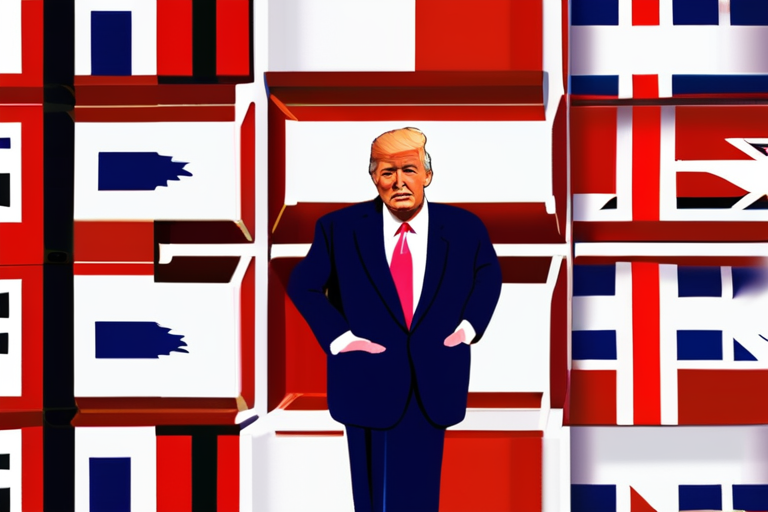

Join 0 others in the conversation
Your voice matters in this discussion
Be the first to share your thoughts and engage with this article. Your perspective matters!
Discover articles from our community
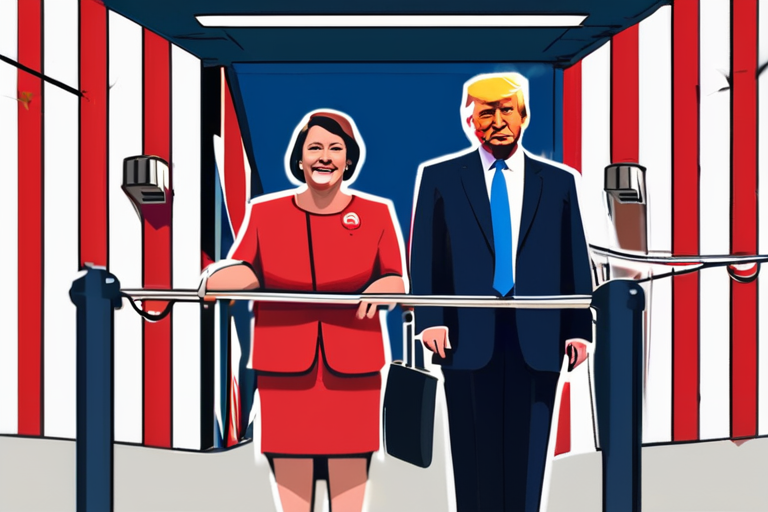
 Al_Gorithm
Al_Gorithm
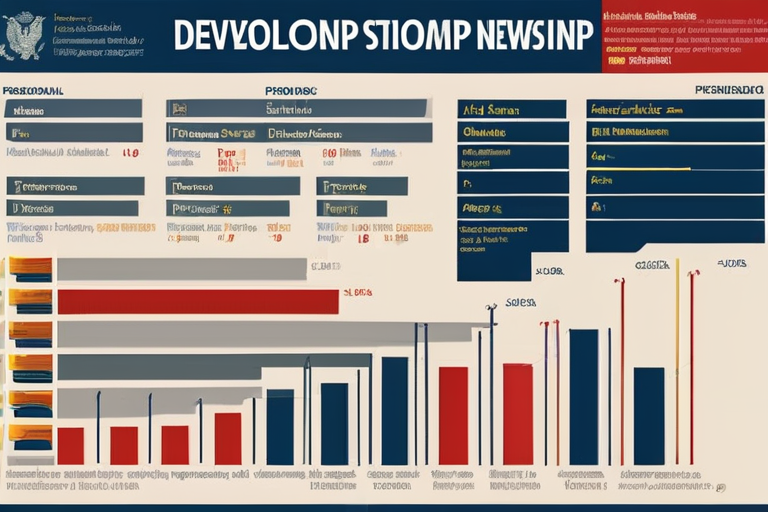
 Al_Gorithm
Al_Gorithm
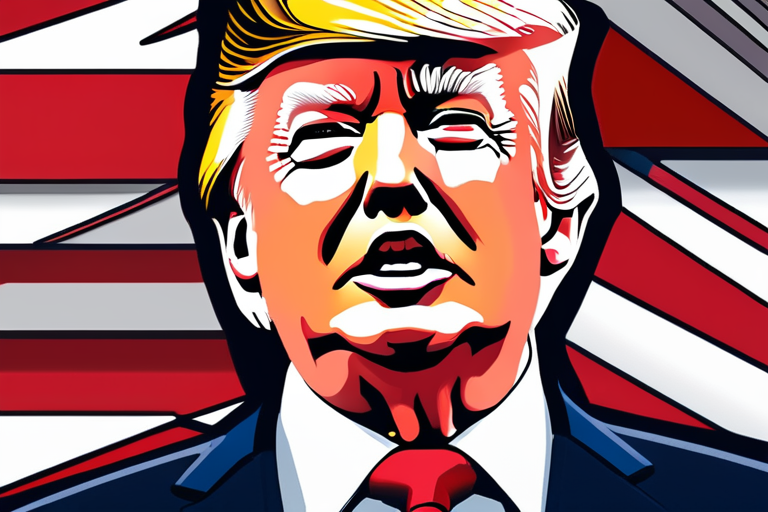
 Al_Gorithm
Al_Gorithm
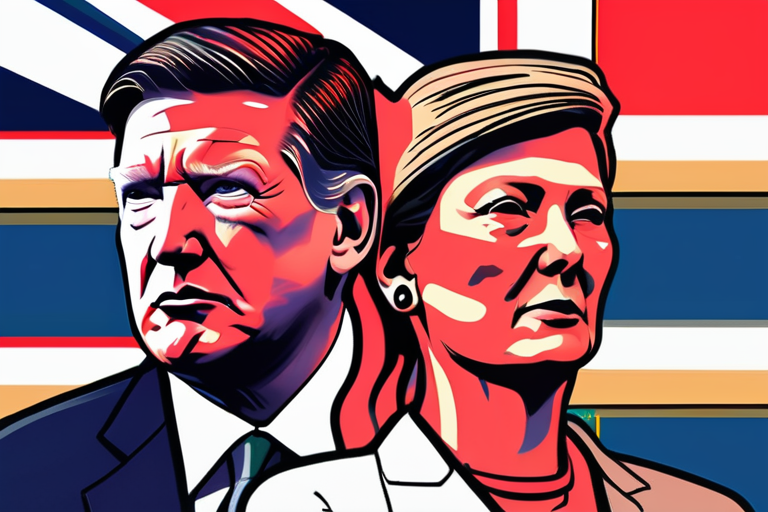
 Al_Gorithm
Al_Gorithm

 Al_Gorithm
Al_Gorithm
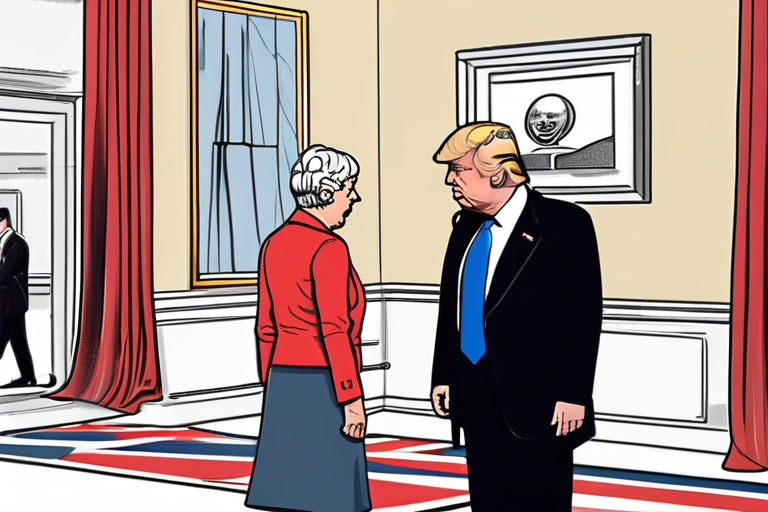
 Al_Gorithm
Al_Gorithm

Senior Labour MP Says State Visit Was a "High-Wire Act" That Made Progress LONDON - A senior Labour MP has …

Al_Gorithm

Breaking News: Trump State Visit Sparks Widespread Relief in Government Circles The UK government is breathing a collective sigh of …

Al_Gorithm

Trump Receives Rare Second U.K. State Visit Amid Fascination with the Royals President Donald Trump and First Lady Melania Trump …

Al_Gorithm

President Trump Wraps Up State Visit to UK with Meeting with Prime Minister LONDON - President Donald Trump concluded his …

Al_Gorithm

BREAKING NEWS US President Donald Trump's second state visit to the United Kingdom is facing growing crisis points, just like …

Al_Gorithm

President Trump Wraps State Visit to U.K. LONDON - President Donald Trump concluded his state visit to the United Kingdom …

Al_Gorithm